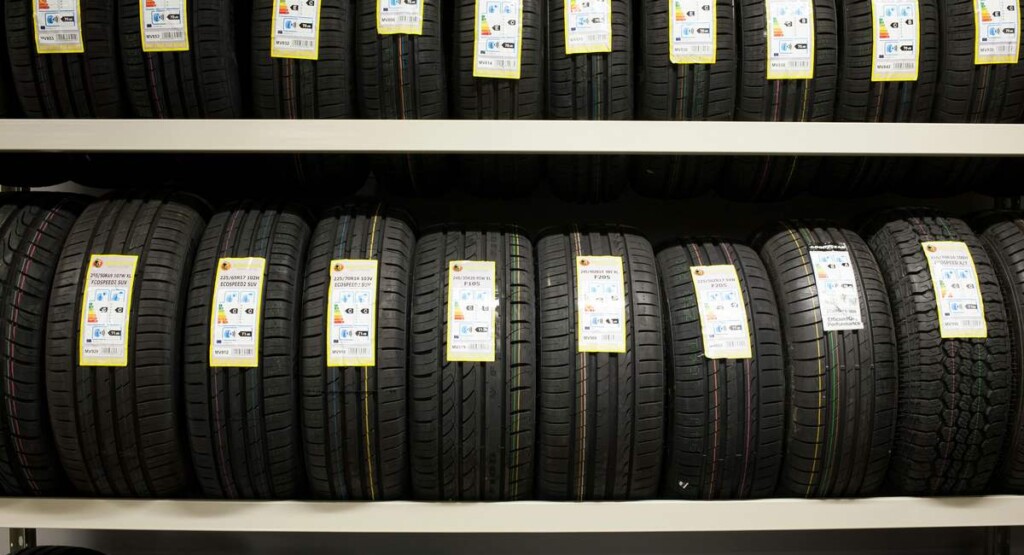Cornell Researchers Create First-of-its-Kind Durable and Recyclable Plastic

The most durable plastic polymers used in society are never recycled, but a new discovery from Cornell University may be about to change that.
Known as crosslinked thermosets, or thermosets for short, these plastics can be found in bowling balls, replacement hip joints, and car tires, and are either incinerated or thrown in landfills.
Their crosslinked polymer structure ensures remarkable strength and durability that is simply too difficult to unlink and recycle.
At Cornell University, an institution of learning that’s typically in the news for its research into birds, chemists have identified a way to polymerize one of the simplest enol esters in nature, called 2.3 dihydrofuran (DHF), into crosslinked structures that compete with petroleum-based thermosets for durability.
However, these DHF thermosets can be unlinked, broken down into monomers, and recycled.
“We’ve spent 100 years trying to make polymers that last forever, and we’ve realized that’s not actually a good thing,” said Brett Fors, a professor of chemistry and chemical biology at Cornell. “Now we’re making polymers that don’t last forever, that can environmentally degrade.”
ADVANCEMENTS IN RECYCLING:
The DHF thermosets had similar properties to automotive weather stripping, running shoe soles, and garden hoses, products typically made from high-density polyurethane, and ethylene propylene—in other worse, crosslinked thermosets.
As well as being recyclable, the products will break down in the natural environment—not quickly—but eventually.
The Fors lab is currently expanding its research into developing a DHF thermoset material for use in 3D printing, and they’ve published their discovery in the journal Nature.
SHARE This Great Invention Sorely Needed On Social Media…
>read more at © GoodNews
Views: 0